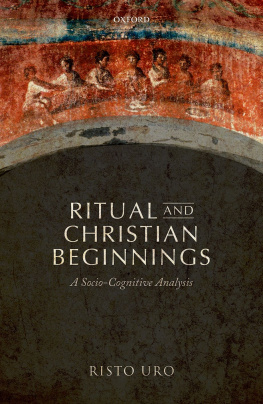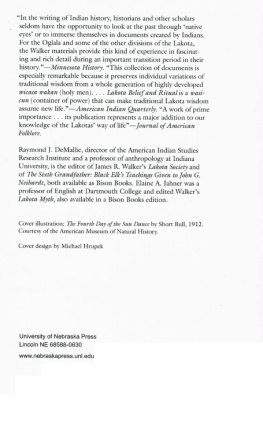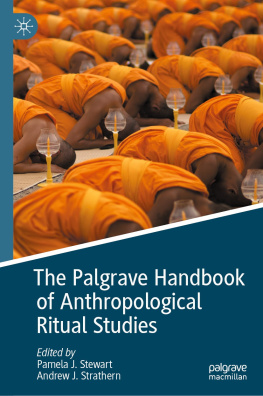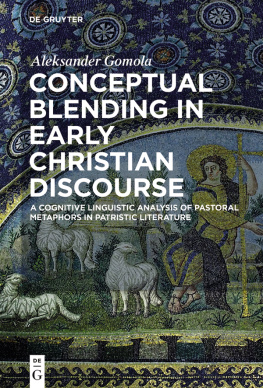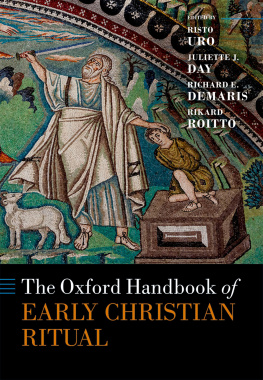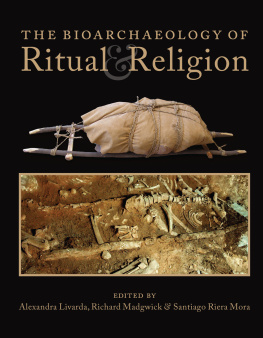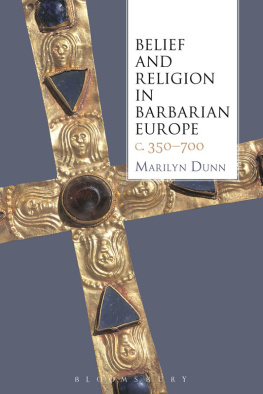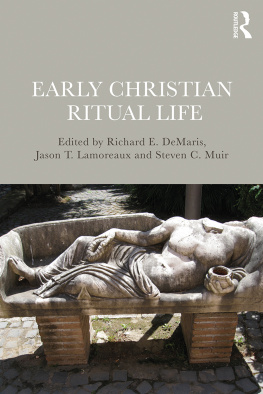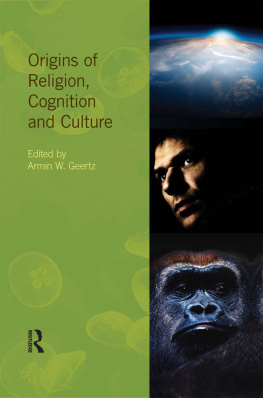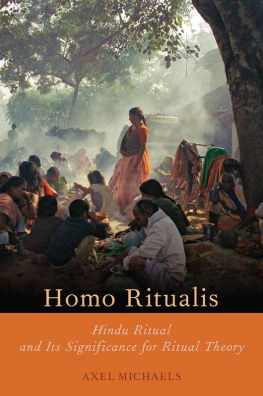Ritual and Christian Beginnings

Great Clarendon Street, Oxford, OX2 6DP, United Kingdom
Oxford University Press is a department of the University of Oxford. It furthers the Universitys objective of excellence in research, scholarship, and education by publishing worldwide. Oxford is a registered trade mark of Oxford University Press in the UK and in certain other countries
Risto Uro 2016
The moral rights of the author have been asserted
First Edition published in 2016
Impression: 1
All rights reserved. No part of this publication may be reproduced, stored in a retrieval system, or transmitted, in any form or by any means, without the prior permission in writing of Oxford University Press, or as expressly permitted by law, by licence or under terms agreed with the appropriate reprographics rights organization. Enquiries concerning reproduction outside the scope of the above should be sent to the Rights Department, Oxford University Press, at the address above
You must not circulate this work in any other form and you must impose this same condition on any acquirer
Published in the United States of America by Oxford University Press 198 Madison Avenue, New York, NY 10016, United States of America
British Library Cataloguing in Publication Data
Data available
Library of Congress Control Number: 2015953277
ISBN 9780199661176
ebook ISBN 9780191080197
Printed in Great Britain by Clays Ltd, St Ives plc
Links to third party websites are provided by Oxford in good faith and for information only. Oxford disclaims any responsibility for the materials contained in any third party website referenced in this work.
Revised Standard Version of the Bible, copyright 1952 [2nd edition, 1971] by the Division of Christian Education of the National Council of the Churches of Christ in the United States of America. Used by permission. All rights reserved.
Acknowledgements
This book would not have been possible without the community of brains from which it has emerged. I take this expression quite literally. My thinking has evolved as part of a network of scholars who have worked together intensively on developing ritual and cognitive approaches to the study of early Christianity and religion in general. I have been dependent on this cognitive web to such a degree that it is impossible to think of the completion of any individual part without this collaboration, although I am, of course, alone fully responsible for the final result.
This book is part of a larger collective research project entitled Ritual and the Emergence of Early Christian Religion: A Socio-Cognitive Analysis (REECR), funded by the Academy of Finland (project #1266452) and based at the University of Helsinki. I have had the privilege of working with three brilliant younger colleagues, Anne Katrine Gudme, Vojtch Kae, and Rikard Roitto, with whom I have been able to discuss most parts of this book in the inspiring project meetings held in many cities and countries. The external advisors of the REECR project, Joseph Bulbulia, Istvn Czachesz, Douglas Davies, and Armin Geertz, have supported the work of the collective project, as well as my own book project, in many significant ways. With Istvn I have been collaborating for many years in developing cognitive approaches to Biblical Studies. His profound knowledge of cognitive research and his sharp thinking have been invaluable assets to my work. Of vital importance to me have also been the support and encouragement that I have received from two central pioneers of new methods in my home discipline, Gerd Theissen and Philip Esler.
The initial idea of writing a book on ritual and Christian beginnings was born at the Helsinki Collegium for Advanced Studies, where I was working 20042005 together with Petri Luomanen, Ilkka Pyysiinen, Petri Ylikoski, and others. It was Ilkka who introduced me to the Cognitive Science of Religion, and his guidance and enthusiasm have been crucial for my learning about this new field. After several years of intensive engagement in teaching and administration, I was able to concentrate on completing my book project as a visiting fellow at Clare Hall, University of Cambridge, for the academic year 20142015. The fellowship was funded by the Osk. Huttunen Foundation. I am grateful for this opportunity, and for all the assistance provided by the staff of Clare Hall to me and my wife during our stay in Cambridge. I also wish to thank my colleagues in Cambridge, Judith Lieu for supporting my application and Simon Gathercole for being my mentor.
I am deeply indebted to the many collaborators and colleagues who have given me important feedback on my work in progress at numerous conferences, workshops, and seminars, and in personal communications, over the years. These includebut are not limited toVeikko Anttonen, Johan Bastubacka, Tamas Bir, Juliette Day, Richard DeMaris, Jutta Jokiranta, Thomas Kazen, Thomas Lawson, Liv Ingeborg Lied, Luther Martin, Dietmar Neufeld, Ronit Nikolsky, Outi Pohjanheimo, Colleen Shantz, Edward Slingerland, Fred Tappenden, Terhi Utriainen, Cecilia Wassen, Hanne von Weissenberg, and Harvey Whitehouse. The students in Ritual Studies courses in Helsinki, Makumira (Tanzania) and Reykjavik have also greatly helped me to develop my ideas and thinking.
I warmly thank Ellen Valle for editing the language of the book, the staff at the Oxford University Press, Tom Perridge, Liza Robottom, Karen Raith, Anzil Steephan, Kim Allen, and Carolyn McAndrew, for their support and professional assistance, and my son Ilkka for helping me in preparing the indices.
Finally, I wish to thank my wife Marjatta, who has been there for me and has understood the importance of this project to me. In real life she has always had a better sense of ritual than I do.
June 2015
Clare Hall, Cambridge, UK
Contents
Why did Christianity happen? Ever since the rise of the historical-critical study of Christian beginnings, scholars have tried to identify reasons for the emergence and success of the early Christian movement. Among the aspects to which this success has been attributed have been the resurrection experiences of the first followers, the miracles performed by Jesus and the apostles, socio-political factors, organizational structures, and early Christians willingness to suffer martyrdomto mention but a few. The focus in this book is on one explanatory factor which has largely been ignored by scholars: the role of ritual in the emergence of the movement.
From the viewpoint of the history of religionwhich is the perspective of this studythe failure to include ritual in the story of Christian origins is striking. New religious movements often start with ritual innovations; the success of a movement depends, among other things, on its ability to get people engaged in ritual practices that consolidate the ideology and moral values of the movement. Without a ritual system of some sort, the core beliefs would not be remembered; nor would they be transmitted to the next generation.
This book attempts to fill this gap in the scholarship by giving pride of place in the study of Christian beginnings to ritual. It is not the only study of its kind; certain other scholars, introduced in Chapter One, have felt the same need to apply ritual theory to the study of early Judaism and early Christianity. The particular contribution of this book is to combine insights from three fields of study: New Testament/Early Christian Studies (the home discipline), Ritual Studies (an interdisciplinary field focusing on ritual behaviour),

